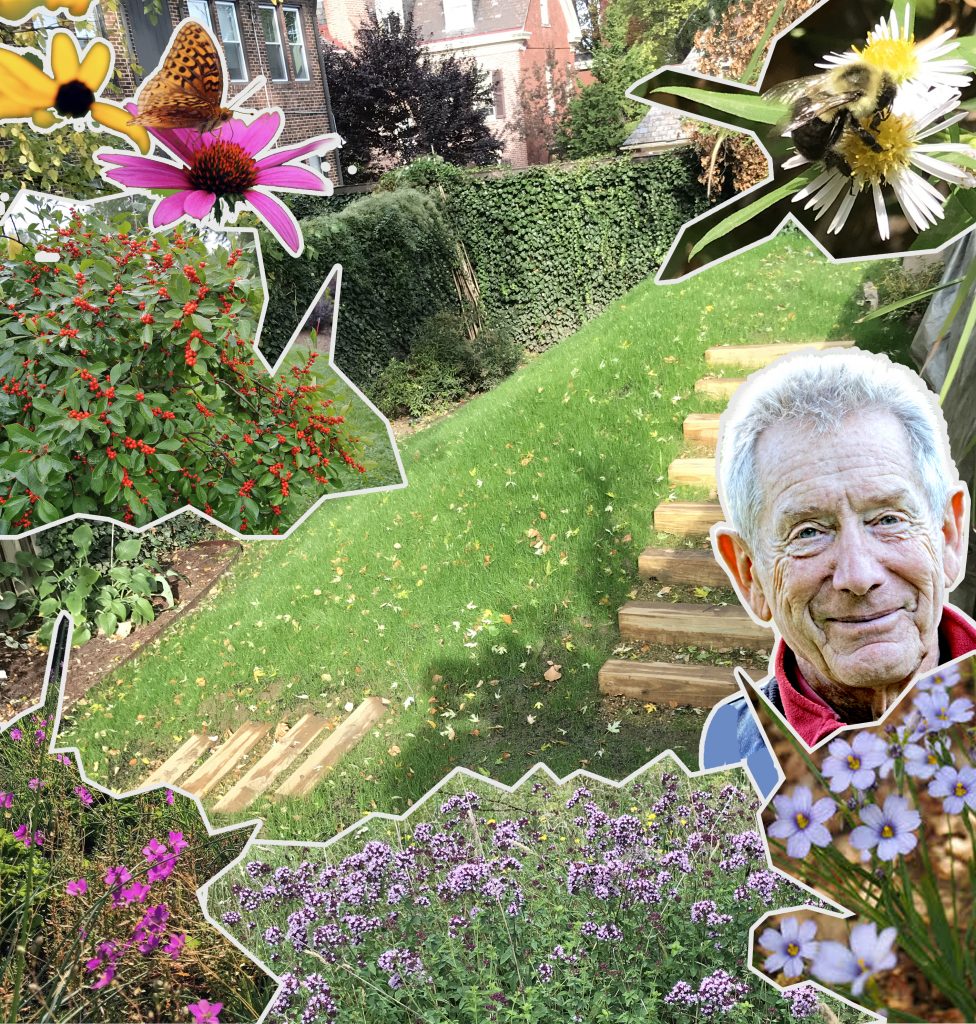The Planetary Garden and Other Writings
As we welcome the first signs of Fall, reading the book, “The Planetary Garden and Other Writings” by Gilles Clement could be a great way to keep busy in the cold months ahead. Home improvements and gardening have boomed since the beginning of the pandemic. Backyards are great places to entertain friends in a safe environment. With the right setting, weather permitting, they can even enhance your work-from-home opportunities.
Beyond The Fence
More to the point, many people have recently discovered the pains and gains of home-growing their own food. There are many personal reasons to care about one’s backyard, but it is important to think globally and consider the environment at large.
Gilles Clement has much to say on this subject. He is a French gardener and designer who has authored thoughtful writings on creating sustainable landscapes at a world-wide scale. Many of his writings are only in French. However, the book, The Planetary Garden and Other Writings (University of Pennsylvania Press) is also available in English. The book sums up his previous writings on the environment and sustainability in which he developed the concepts of “the planetary garden”, “the third landscape”, and “the garden in movement”. Now English-speaking readers can dive head first into Mr. Clement’s gardening philosophy.
Promoting Diversity
The forward, written by Gilles A. Tiberghien, is quite useful in reviewing Gilles Clement’s most thought-provoking points. Surprisingly, the book is poetic and at times seems almost magical in it’s inclinations. Readers get to follow a special guide through a sustainable Paris landscape exhibition that was on display in 2000, they learn what it’s like to hike across an imaginary Pangea of continents, and they experience what it is like to live in treetop rafts strategically placed on top of the Gabon forest. With a delicate narrative style, Mr. Clement invites everybody to think of the implications of intermingling and “endemism” (diversity through isolation). He also stresses the importance of considering the world as a big planetary backyard, putting to rest any particular NIMBYisms we may bring to the table.
On The Third Landscape
The concept of a Third Landscape is particularly interesting although many meticulous gardeners may find it hard to digest. It is defined in the book as “the sum of all urban and rural neglected spaces” and also “those spaces where management decisions have never existed”. The Third Landscape can be considered also as what happens when nature happens because the garden IS indeed in movement (through the winds, pollinators, birds…). Mr. Clement celebrates the triumph of local, spontaneous vegetation (and its critters).
Mother Nature At Work
For Mr. Clement, the true gardener is an observer: A garden is planted but then nature takes it from there. Just as the Audubon Society promotes, our local fauna thrives on native plants. Our Western obsession with geometric, “sanitized” landscaping is at odds with the goals of the Planetary Garden and places it at risk. We are all responsible for the world we live in. This book does NOT promote any particular gardening style, although part of the book is dedicated to the role of the concepteur, which we can translate loosely as designers and their impact on the landscape. There are many ways in which we can promote local and native landscaping. This book is pleasant, even soothing, in some ways and will help ease readers into a more relaxed, natural way of gardening while keeping in mind a much bigger picture.

